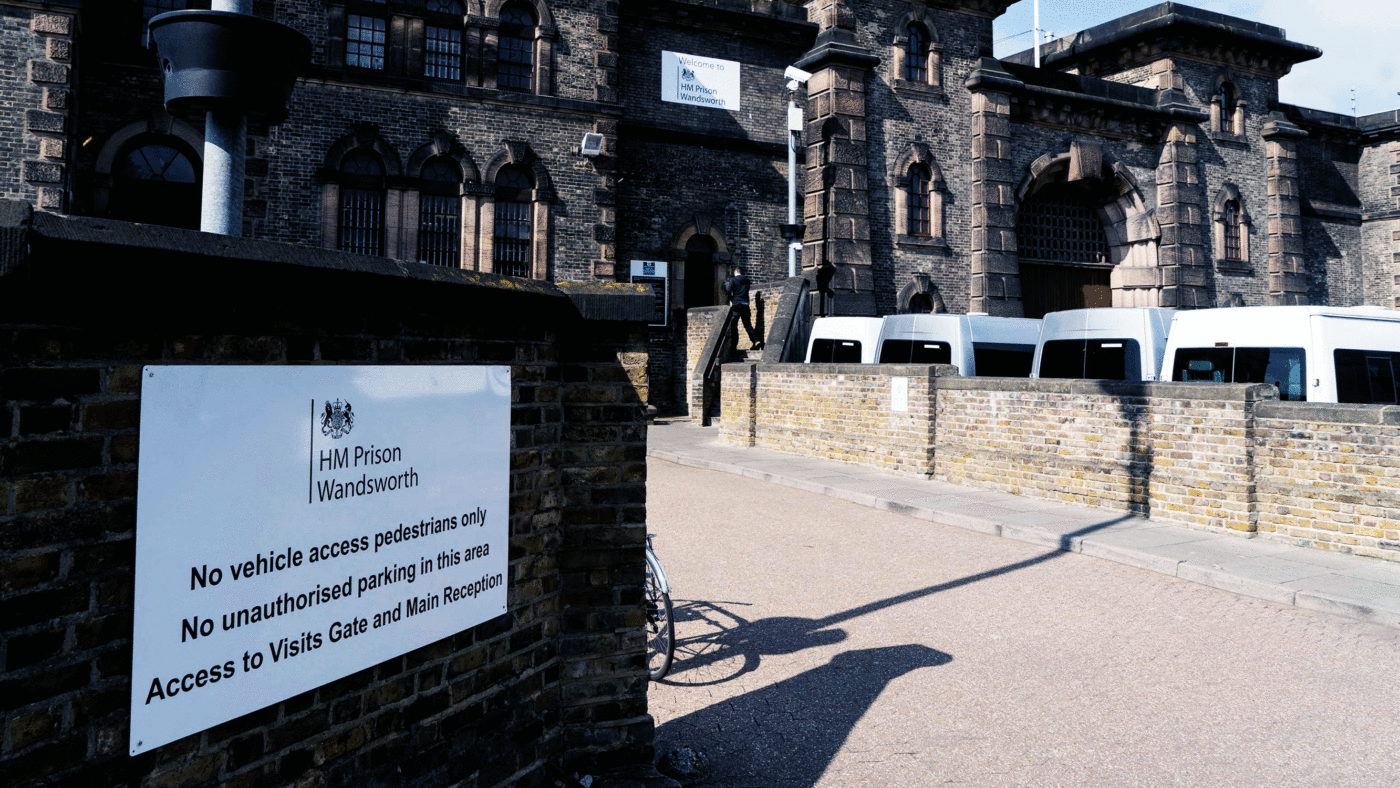By announcing the raft of measures to tackle Islamist radicalisation in the prison system, the UK government is stepping up its focus on bread-and-butter matters of governance and security.
In a new drive to tackle extremism in British prisons, Justice Secretary and deputy prime minister Dominic Raab has declared that the government plans to upscale the separation of particularly dangerous and influential terrorists into specialist units in order to ‘thwart the spread of their poisonous ideology’.
As part of the measures, a new £1.2m team will be tasked with the rapid identification of ‘high-radicalising’ terrorists, in order for them to be relocated in one of the three Prison Service’s ‘Separation Centres’ – at HMP Frankland in Durham, Full Sutton near York and Woodhill in Milton Keynes. Another £6million will be invested to expand ‘Close Supervision Centres’, where the most physically violent offenders can be held – including those convicted of terror-related offences. This will be designed to prevent their potential recruitment to extremist causes.
Numerous reports into radicalisation in UK prisons paint a thoroughly disturbing picture when it comes to matters of authority, control and influence within our penal system. Islamist extremists dominate the pool of prisoners convicted of terror-related offences, and a report by the terrorism watchdog has advanced the view that they have essentially gained control of entire prison wings. There are stories of prisoners carrying out Sharia-inspired proceedings, dictating the dietary and washing habits of non-Muslim inmates, and imposing conditions on prison staff in relation to Friday prayers. Jonathan Hall QC, the Government’s independent reviewer of terrorism legislation, said he had been informed that prison officers had even resorted to appealing to the wing ’emir’ – who often undermined the authority of prison imams – to help maintain order among inmates.
This is nothing less than an Islamist-induced erosion of the British state’s authority across the prison estate, with our overcrowded and understaffed jails providing fertile ground for extremists to spread their poisonous beliefs and develop parallel systems of governance. Paralysed by the forces of political correctness and the fear of being accused of bigotry, our public institutions – including prisons – are increasingly succumbing to religious and cultural ‘sensitivities’. It is the perfect storm for accelerated forms of Islamist radicalisation in the UK’s prison system – where a shortage of well-resourced mentoring and effective rehabilitation schemes leave vulnerable inmates exposed to extremist influences. This is a grave social risk, particularly when inmates convicted of non-terror-related offences can be radicalised during their period of incarceration and then leave prison with extremist beliefs.
What the Government needs to implement in this context is a ‘liberal-conservative’ approach to criminal justice policy. Liberal because, depending on the severity of crimes committed, nature of conviction and in-prison behaviour, prisoners should be given the opportunity to turn a corner and rebuild their lives whilst serving their sentences. By developing their skills and improving their educational resources, there is a greater chance of post-release re-integration into society and a reduced possibility of re-offending and subsequent re-entry an already overburdened prison system. This is not only socially beneficial, but can also save taxpayers money in the long term.
But crucially, such prisoners must be protected from those that threaten to spread extremist beliefs across the prison estate through physical force and psychological coercion – demonstrating the importance of anti-terror ‘jails within jails’. The ’conservative’ element to this is enabling greater use of the UK prison system’s specialist separation units in order to remove dangerous and influential ‘radicalisers’ from the mainstream prison population. The UK government must also be proactive in developing a legal framework which ensures that the European Convention on Human Rights (ECHR) – to which the UK is a signatory – is not used by dangerous terrorists to block their relocation into separation centres. Article 8 (right to private and family life) and Article 11 (freedom of assembly and association) are particular ECHR provisions of interest. It is vital that in the context of radicalisation in prisons, collective public security is prioritised over the individual rights of those responsible for spreading poisonous ideologies among inmates – and this must be reflected in future human rights reform.
Tackling Islamist radicalisation in the UK’s jails should be treated as a high-priority endeavour for the Ministry of Justice – influential convicted terrorists must no longer have the freedom to spread their extremist beliefs with impunity among the prison population. They must be separated.
Click here to subscribe to our daily briefing – the best pieces from CapX and across the web.
CapX depends on the generosity of its readers. If you value what we do, please consider making a donation.


